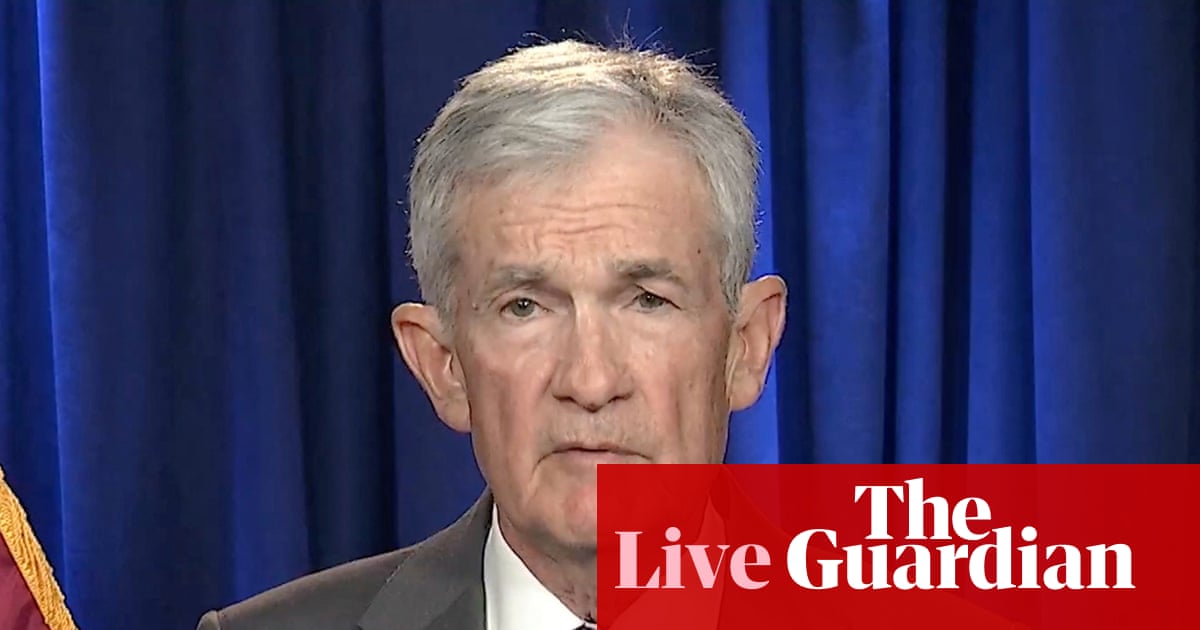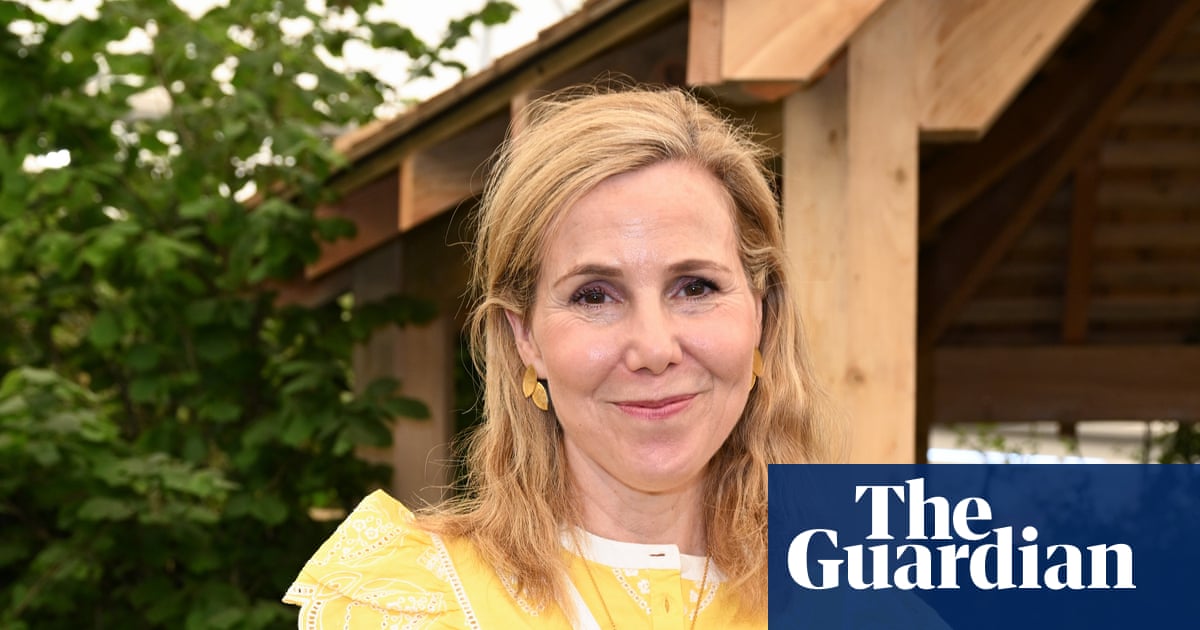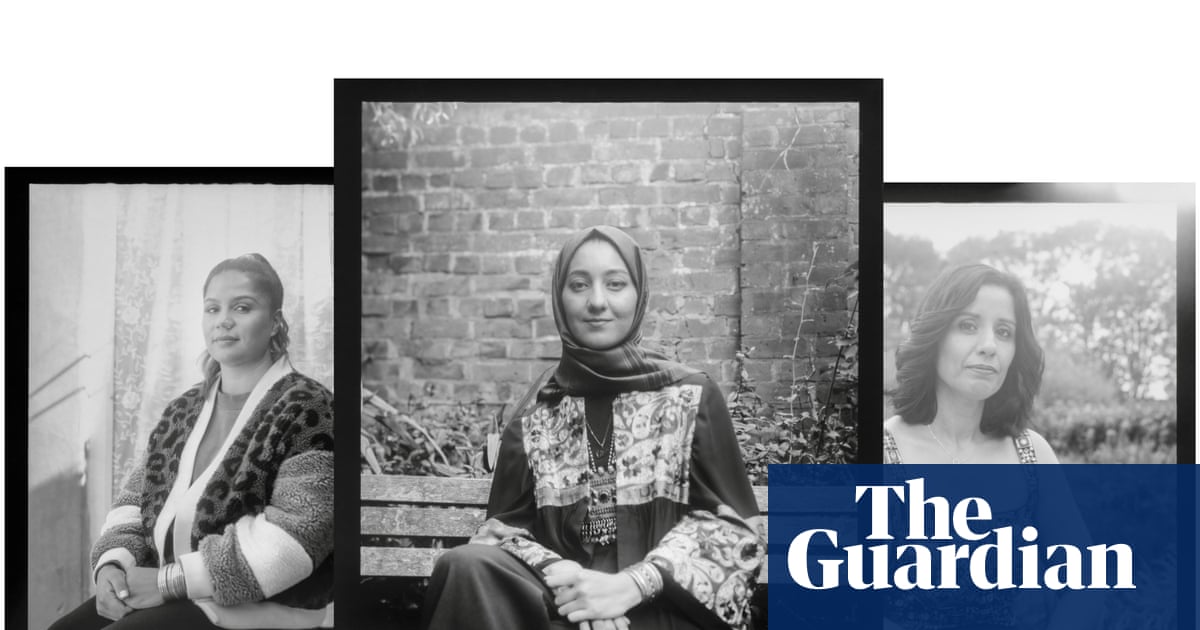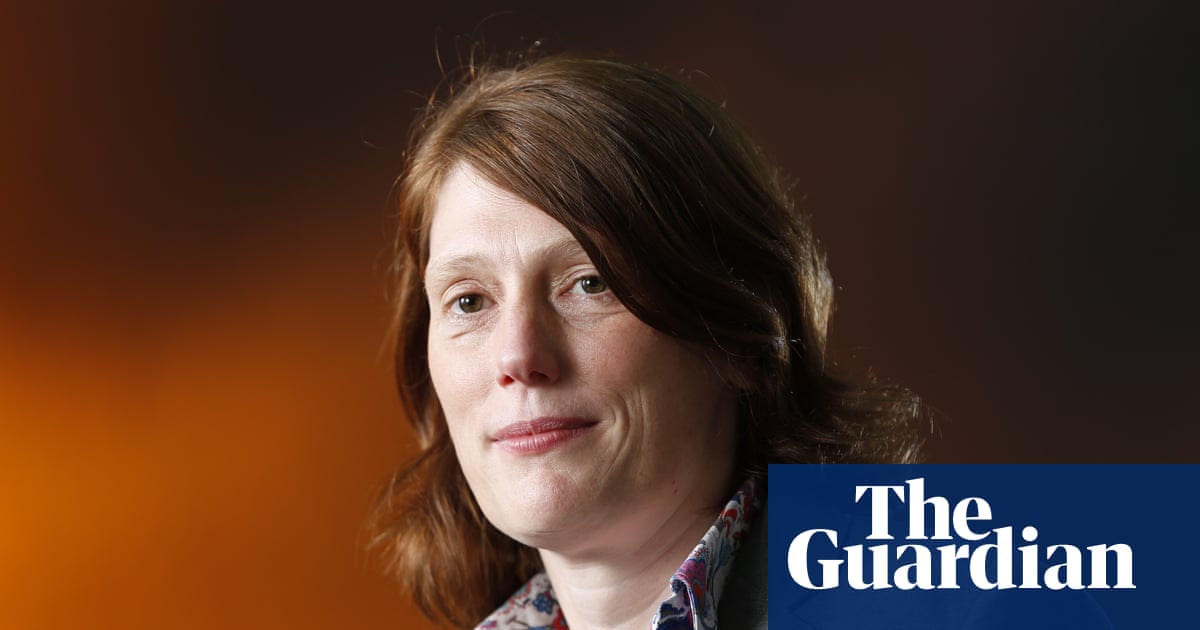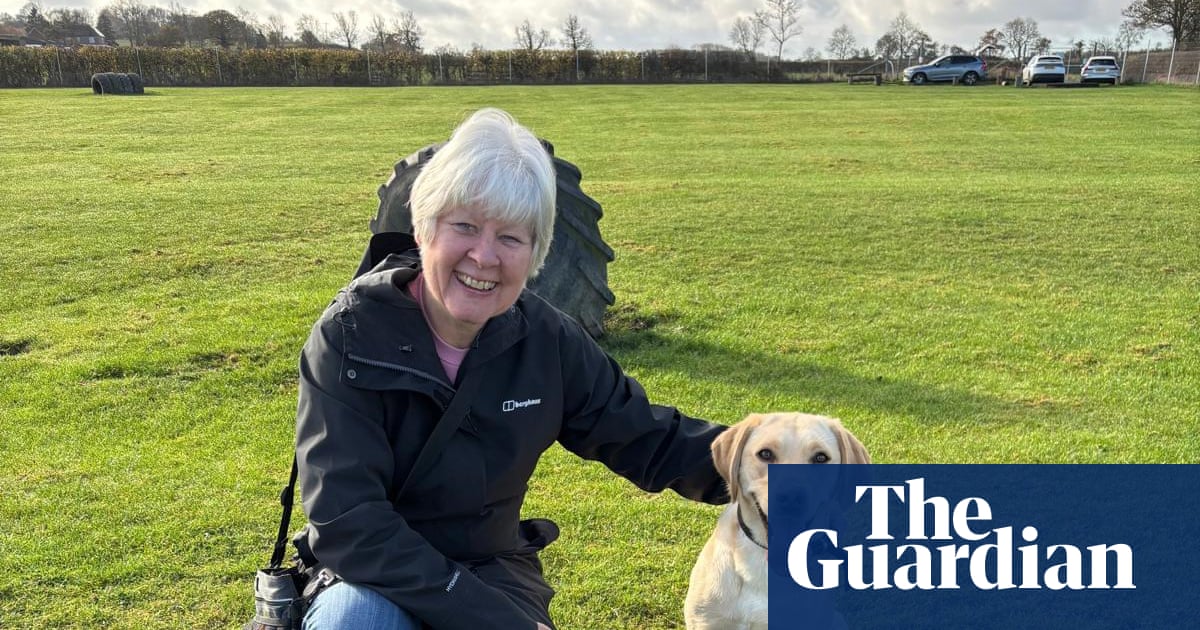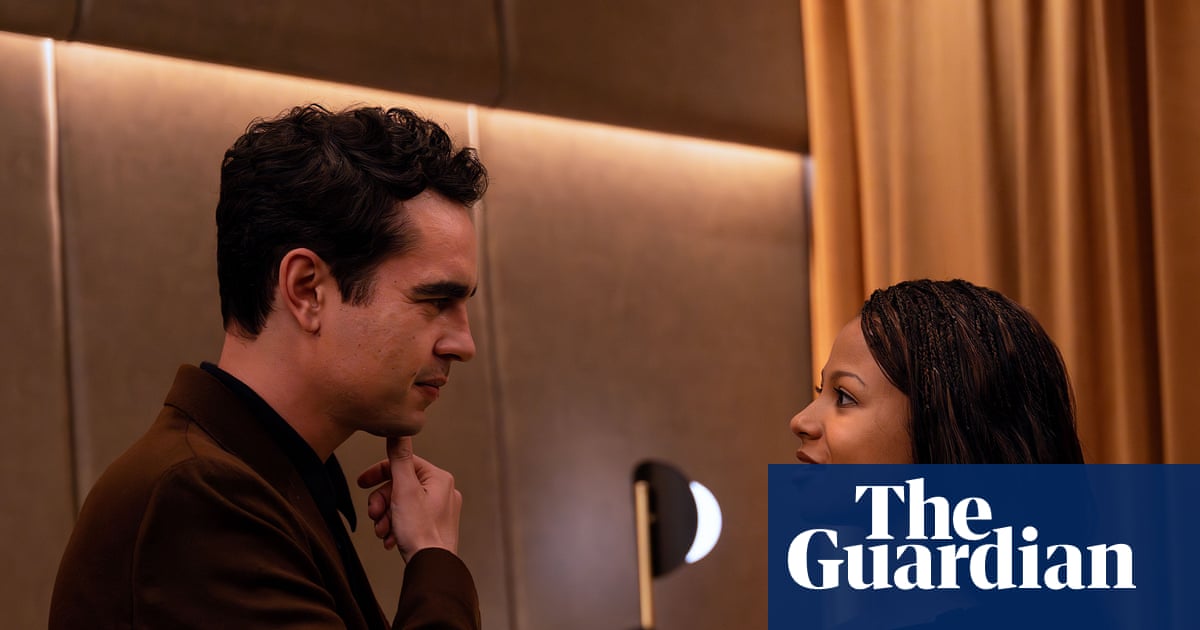Denmark intends to pay reparations to Greenlandic women who were fitted with contraceptive coils by Danish doctors and to other people in its former colony who were subjected to “systematic discrimination because they are Greenlanders”, the Danish prime minister has said.
In a historic move for relations between Copenhagen and Nuuk, Mette Frederiksen said on Monday she would discuss a planned “reconciliation fund” when she visited Greenland on Wednesday for an event to mark Denmark’s official apology for the IUD (intrauterine device) scandal.
A statement released by her office said the government wanted “to establish a reconciliation fund that can provide individual financial compensation to Greenlandic women in the IUD case and to other Greenlanders who have been subjected to failure and systematic discrimination because they are Greenlanders.”
Shortly afterwards, the Danish national appeals board announced it was reversing a decision to separate a Greenlandic mother from her newborn daughter, in a case that had shocked even seasoned campaigners for Inuit rights.
Ivana Nikoline Brønlund, who last month was separated from her daughter one hour after she was born after “parenting competence” tests long criticised as racist, said she was “completely speechless”. She wrote on social media: “My heart is whole again … Oh how I can’t wait to have my dear daughter in MY arms.”
The IUD scandal and the “parenting competence” tests have shone a spotlight in recent years on Denmark’s current and historical treatment of Greenland, which remains part of the Danish commonwealth after ceasing to be a colony in 1953.
It is believed that 4,500 women and girls, some of them as young as 12 at the time, were fitted with IUDs without their knowledge or consent between 1966 and 1970 by Danish doctors, in an apparent attempt to reduce the population of Greenland.
Greenland’s former prime minister, Múte B Egede, has described Denmark’s actions as “genocide”.
Frederiksen’s announcement – her most concrete remarks yet on reparations – comes amid intense international pressure, particularly from the US, which has repeatedly threatened to acquire the Arctic territory since Donald Trump took office. It comes weeks after Denmark formally apologised for the scandal in August.
The prime minister said she would discuss the plan for the fund with her Greenlandic counterpart, Jens-Frederik Nielsen, in Nuuk on Wednesday.
“On behalf of Denmark, I have apologised to the women affected in the IUD case and for the failures for which Denmark is otherwise responsible, where Greenlanders have been systematically treated differently and inferiorly than other citizens of the kingdom,” she said.
“I look forward to the opportunity to mark the official apology in Nuuk together with the president of the Greenlandic parliament. We cannot change what has happened, but we can take responsibility and we can create the conditions for reconciliation with the past.”
Victims of the scandal welcomed the announcement.
Bula Larsen, who is among the 143 women who sued the Danish state for 45m Danish Kroner for what they describe as a violation of their human rights, said she was still awaiting news of their case, but that the latest announcement was a sign of progress. “It seems like that Denmark is willing to make an effort to acknowledge that the state has violated our human rights,” she told the Guardian.
Aviaja Fontain, whose mother, Hedvig Frederiksen, was fitted with an IUD at the age of 14 without her knowledge, said the announcement made her feel as if “they finally won”.
She added: “After three years of fighting, hearing that she is making a fund feels like she is acknowledging that they crossed our human rights. And because the Danish government is finally acknowledging what they did, it is making my scar smaller. But my scar will never heal because we will carry this scar for the rest of our lives.”
Naaja H Nathanielsen, Greenland’s minister for justice and gender equality, said the announcement should have come sooner. “The problem with proposing this in the 11th hour before the apology is that it risk being viewed as calculated instead of sincere and remorseful,” she said.
Campaigners against “parenting competence” (FKU) tests also welcomed the decision by the appeals board to reunite Brønlund with her daughter.
Høje-Taastrup, the municipality that had put Brønlund’s daughter into care on the basis of the tests despite them being banned on people with Greenlandic backgrounds, did not name Brønlund. But it said the board had informed the municipality that it had decided to reverse its decision on “a much-publicised case” and had informed them to implement its decision.
Anya Krogh Manghezi, the municipality’s director of children and youth, said: “We have been looking forward to receiving clarification, and we will of course take note of the decision of the Danish social appeals board and act immediately accordingly. Even though the case has received a lot of attention and the media has reported many details, we are still bound by confidentiality, so we cannot go into more detail about what is happening in the case. Only that we will continue to support the young child and the family.”

 3 months ago
92
3 months ago
92

